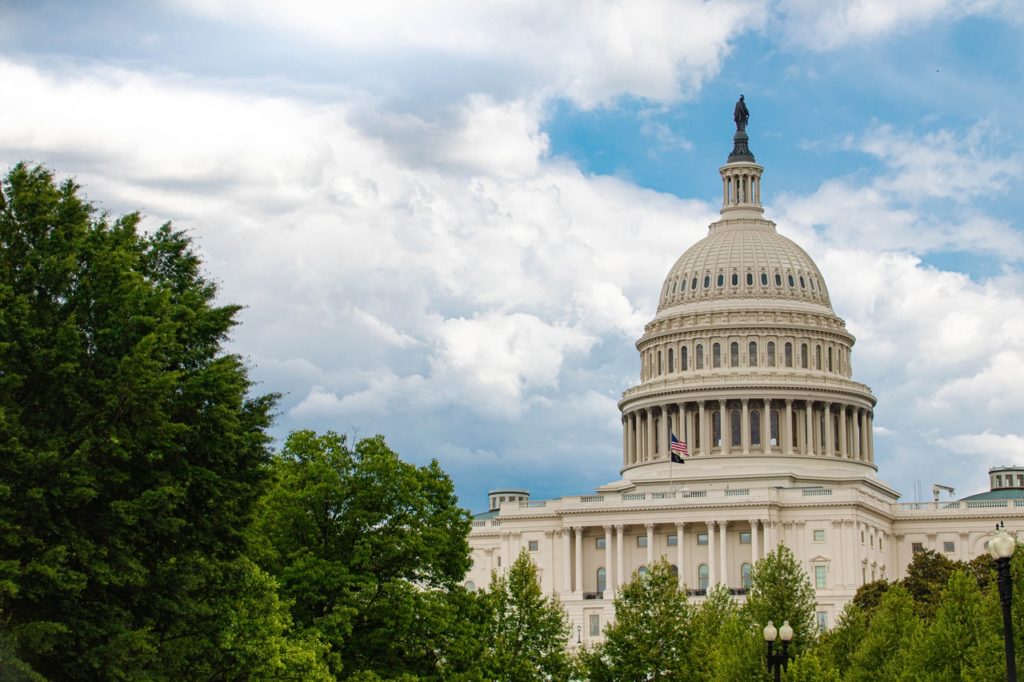U.S. Sen. Chuck Grassley (R-Iowa) and 59 bipartisan co-sponsors have reintroduced legislation that would expand Medicare coverage of telehealth and make permanent flexibilities implemented during the COVID-19 public health emergency.
If enacted, the Creating Opportunities Now for Necessary and Effective Care Technologies (CONNECT) for Health Act would remove all geographic restrictions on telehealth services and expand originating sites to include the home, among others. It would also permit health centers, rural health clinics and eligible health care professionals to provide telehealth services.
“During the pandemic, though, we witnessed the benefits of temporary telehealth policies for Americans across the country – especially in rural communities,” Grassley said in a statement. “Our bill appropriately updates laws that have been on the books for a long time: it removes barriers for patients and providers, embraces the growing availability of advanced technologies and empowers the capabilities of the medical community.”
The legislation would also eliminate in-person visit requirements for mental telehealth services and require data collection about telehealth use, its impacts and suggested improvements.
Among the bill’s co-sponsors are Sens. Brian Schatz (D-Hawaii), Roger Wicker (R-Miss.), Ben Cardin (D-Md.), John Thune (R-S.D.), Mark Warner (D-Va.) and Cindy Hyde-Smith (R-Miss.).
During the PHE, the U.S. Centers for Medicare & Medicaid Services (CMS) allowed hospices to perform routine home care visits virtually, as well as conduct face-to-face recertification visits.
Congress has extended hospices’ ability to do recertifications via telehealth through Dec. 31, 2024. The CONNECT Act would make that flexibility permanent. The waiver pertaining to routine home care, which ended with the PHE on May 11, was not mentioned in the bill text.
The history of the CONNECT Act extends before the pandemic.
The first version of the bill was introduced in 2016. Some provisions from that initial draft have been implemented piecemeal over the years. These include the removal of restrictions on mental telehealth services, stroke care and home dialysis.
A range of hospice and health care advocacy groups have endorsed the bill, including the National Association for Home Care & Hospice (NAHC), the National Hospice and Palliative Care Organization (NHPCO), the American Academy of Hospice & Palliative Medicine, the National Partnership for Healthcare and Hospice Innovation (NPHI) and LeadingAge, among many others.



